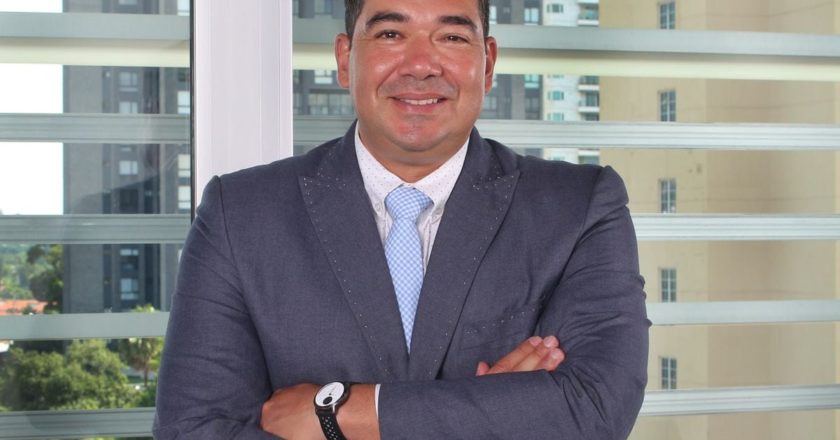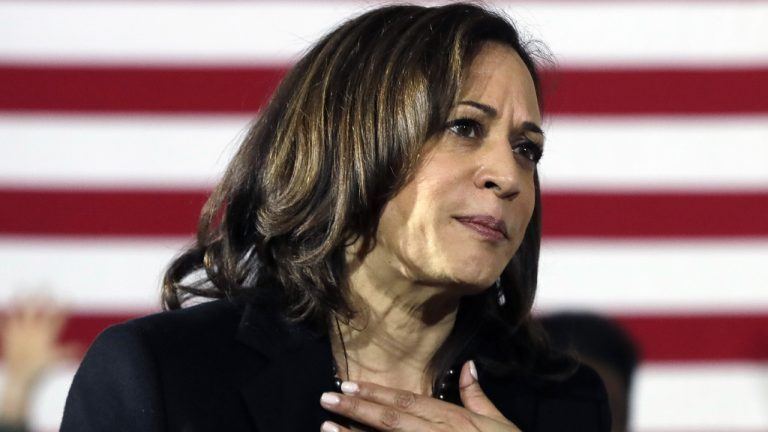“We’re Focused on Enterprise, Not Aid” – Interview with BABB’s Annie Mellor
May 5, 2018 by Paul de Havilland
BABB is a UK registered company that is currently working on obtaining banking licenses in the UK and two other jurisdictions. Having concluded its ICO in February, BABB has lofty goals which focus on providing “anyone in the world access to a UK bank account for peer-to-peer financial services”. Namely, they want to bank the unbanked, many of whom represent the two billion poorest people on earth. But can they succeed?
Also see: Binance Has Its ERC20s Audited, Hailing the Future of Best Practices
Join the Bitsonline Telegram channel to get the latest Bitcoin, cryptocurrency, and tech news updates: https://t.me/bitsonline
BABB’s Lofty Ambitions
Among a seemingly endless string of failed, disorganised, or just plain fraudulent ICOs, BABB stands out not only for its thus-far successful and evidently seamless launch, but also for the audacity of its goals. The BABB team describes itself as being “united by a desire to change the world”. Self-labeled as “The World Bank for the Micro-Economy”, BABB is a company whose aims are as ambitious as they are laudable.
We caught up with Head of Communications, Annie Mellor to discuss how they are progressing and the challenges they face as they embark on a journey which, if successful, could well become a world-changing endeavor.
Our Interview with Annie Mellor, BABB’s Head of Communications
Paul de Havilland: BABB launched an ICO a number of months ago, it was successful, and you’ve since released BAX tokens to investors. Where are you at now in the process of implementing your strategy?
Annie Mellor: Yes, our token sale officially sold out on 20 February and we released the purchased BAX tokens by early March. As a quick side note, BAX is a crypto asset and not a currency or security; it’s a fundamental part of the way in which the BABB system operates and charges. Since the token sale, the product team has started working with an agency to finalize the beta app design and start building the product. We’ve also made significant progress with our banking license application in three jurisdictions including the UK, and we’re taking steps towards a partnership with the Central Bank of Bahrain to start serving the Middle East region following our launch.
PdH: In simple terms, can you explain the principle model you will use to bank the unbanked? Is it literally a mass-shared UK bank account?
AM: Not exactly. Once we have a banking license we can provide our own bank accounts, and each user will have their own individual account. It’s the same principle as any other bank, in that a user must provide information about themselves to open an account, except that through our app all users will be able to interact directly and provide one another with banking services on the BABB blockchain. We provide a platform, an app and bank accounts – the rest is a user-provided service.
PdH: Are you planning a slow roll-out with pilot projects first? If so, have you got a target country/location in mind?
AM: We will be conducting pilot projects but the details aren’t public yet. I can’t give you a scoop I’m afraid!
PdH: BABB’s goals – empower the microeconomy, improving lives and livelihoods and creating new opportunities for individuals and businesses across the world, bring two billion people into the global economy, banking the unbanked – are lofty to say the least. Bill Gates, Muhammad Yunus, and many others have tried and largely failed. How will BABB succeed where others have failed?
AM: It’s ambitious for sure; we’re playing a long game. I don’t think it’s fair to say all of those initiatives have failed, but they have encountered challenges which we can learn from. It helps that many of the people leading this project, including founder/CEO Rushd and our head of marketing Ani, have firsthand experience of financial exclusion, so our team has a deep and nuanced understanding of the problem. We also have a number of people on the team with experience in senior management within the banking sector, including CIO Paul (Johnson) and MD Leonard (Seelig).
I think the key for BABB is that we’re focused on enterprise, not aid. We’re a business dedicated to providing viable and sustainable access to banking for individuals and other businesses. We want people to use BABB to innovate, make their own opportunities and create wealth. We’ll also adopt a community-led approach, with our Social KYC mechanism which enables people to onboard their peers onto the platform. Finally, BABB is a relatively agnostic platform rather than a prescriptive product. People can use these tools in a way that suits them, with the flexibility to create tailored solutions to the challenges they encounter.
PdH: In my experience in less developed countries, especially in what I call post-shock societies (Cambodia post-Khmer Rouge, China post-Cultural Revolution, any number of African countries following civil war or violent coup, failed states…) where the general population have experienced a sudden loss of lives, property, assets, livelihoods… those societies have trust problems, particularly when it comes to money. Nobody trusts anybody. I imagine this to be BABB’s biggest challenge – gaining people’s trust. How do you plan to do that? Or do you think you actually face other, more significant problems?
AM: Trust is definitely a massive issue and an opportunity. Earning people’s trust is the number one challenge facing any challenger bank or new fintech startup, regardless of where they launch. I think using blockchain technology plays a big role in overcoming people’s (understandable) lack of trust in institutions. Blockchain is a technology which doesn’t trust – it was born from a lack of confidence in the big players in the financial system. However, ensuring that people understand the privacy and security of peer-to-peer blockchain banking is a challenge in itself and our ideas for tackling it are still developing. Peer validation is going to be a factor; you use a product if it’s recommended by someone you trust. BABB will take root if the first users have a great experience and are inspired to get their friends and family involved.
PdH: Many among the unbanked are used to cash. Many don’t trust banks or anything other than cash, for similar reasons as above. How do you plan to overcome any potential reluctance to jump into a whole new technology, that has people’s money even further removed from a concrete reality of a bank with a building and a safe (the common perception of where bank account balances actually are)?
AM: We’ve seen many emerging markets leapfrog straight to mobile phones and 4G internet, without the intermediate steps of landline phones and dial-up modems. Mobile money projects are finding success in markets all over the world, suggesting a similar leap is possible for banking. The stats show that many unbanked and underbanked people are smartphone users. We’re designing a very user-friendly app and the high-tech stuff will be completely behind the scenes. One of the key opportunities we can offer is to provide a solution that’s easy to use, fast, and secure.
PdH: Microfinance models work insofar as they get investable capital into the hands of those who otherwise cannot access it. But, as we all know, it is expensive to deliver, the infrastructure is poor, and the interest rates are high as a result. Some might say unconscionably high. How does BABB overcome these infrastructure hurdles in a more efficient way?
AM: Without over-simplifying the problem, we intend to overcome these hurdles by removing the need for people to navigate this cumbersome infrastructure. Once we achieve a critical mass of adoption, individuals and business can download the app, open an account and request a loan, and other users near and far can choose to accept loan requests. Fees and charges are agreed between the two parties and the deal is executed via smart contracts.
PdH: Talking of infrastructure – and this is infrastructure of a different kind, I suppose – do you anticipate facing any KYC obstacles?
AM: We’re working through these details with regulators at the moment in our banking license applications. In theory – no. In practise, bringing something as revolutionary as BABB as a regulated product we may encounter new challenges. We will be compliant with the regulatory KYC process which stipulates specific details are captured and are verified by a systematic external data source. In addition, we will collect facial and voice biometrics.
PdH: Finally, what has been the biggest roadblock you have already faced and overcome?
AM: So far, the biggest challenge has been getting BABB’s name out there on a very limited budget. We’ve been fairly successful in that respect, mostly because the early backers of the project have amplified our efforts to their audiences. They’ve been amazing. Everything we’re doing is difficult, from becoming a licensed blockchain bank to building a bank account for people who don’t trust banks. We knew from the outset that we had a big mountain to climb and we’re tackling these issues in good spirits with enthusiasm, adequate funding, and a fantastic team.
One Final Note
BABB certainly faces a number of obstacles to achieving what they want to achieve. If successful, their efforts could bring millions of unbanked into the formal economy. It will be interesting to watch the company on its journey.
Disclaimer: The author is an investor in BABB and holds BAX tokens.
Have your say. Will BABB be able to overcome the significant obstacles they face in achieving what they have set out to achieve?
Images via Pixabay, Pxhere, Hand in Hand International
Subscribe to the Bitsonline YouTube channel for more great interviews featuring industry insiders & experts









